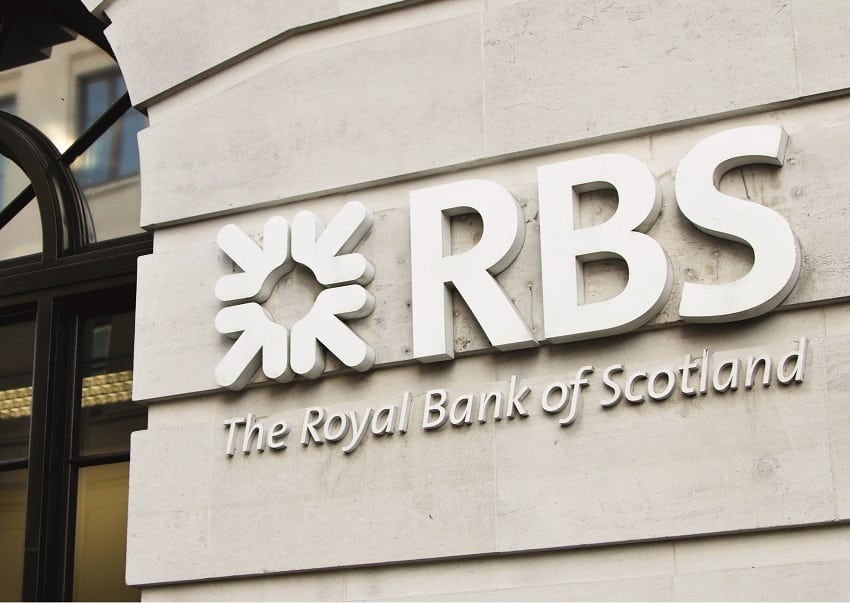RBS reported that its private banking division, which consists of Coutts and Adam & Company, had grown operating profit from £82m in H1 17 to £156m over the first six months of 2018.
Total income for the group rose 12.7% to £382m during the period. Operating expenses fell by £13m to £225m as Coutts cut its staff back by 17.6%.
Year-on-year assets under management rose 9.3% or £1.8bn to £21.3bn, which the private bank said reflected new business inflows and positive investment performance.
RBS return to interim dividend
Parent company RBS meanwhile announced it will pay an interim dividend for the first time since the financial crisis.
The FTSE 100 bank’s reinstatement of a 2p per share dividend is evidence of the group’s improving health, according to analysts.
“The reinstatement of the dividend will not only give existing shareholders some confidence but also to the large number of fund managers who could not invest in them previously due to the lack of any income and it will make the Government’s task of offloading its roughly 62% holding onto the market a little easier,” said Helal Miah, investment research analyst at The Share Centre.
RBS shares were up 3% at 256p on Friday morning after the news broke.
The consensus view is that RBS will pay out 8p per share for the whole of 2018, with the annual dividend rising to 15.4p in 2019.
As Russ Mould, investment director at AJ Bell noted, this is enough for a 3.2% dividend yield this year and 6% the following year, “both figures which easily beat anything that can be earned from cash in the bank or UK Government bonds”.
Quality earnings?
Between the first and second quarters, the bank’s operating profit before tax halved from £1.2bn to £613m but was still better than analysts had anticipated.
Last year it returned its first bottom-line profit in a decade.
But Mould said RBS would be vulnerable to an economic downturn in the UK because the quality of its earnings is not as healthy as the numbers suggest.
Most of the improvement in RBS’ profits is coming from lower litigation costs, lower impairment charges and lower restructuring costs.
“As with Lloyds and Barclays, investors will therefore be hoping that RBS can stay out of trouble and the regulators’ sights, lend sensibly and keep costs in check, to help fund those precious future dividend payments,” said Mould.
“Any downturn in the global economy – no matter how unlikely that seems at the moment – would be an unwelcome development as it could put pressure on the loan book and expose the bank to fresh loan impairments if customers get into financial difficulty.
“This may be why central banks are raising interest rates only slowly – and in fact history suggests that banks shares tend to do well when headline borrowing costs are rising, as this helps their lending margins and presumably also signals that the underlying economy is running pretty hot anyway.”









